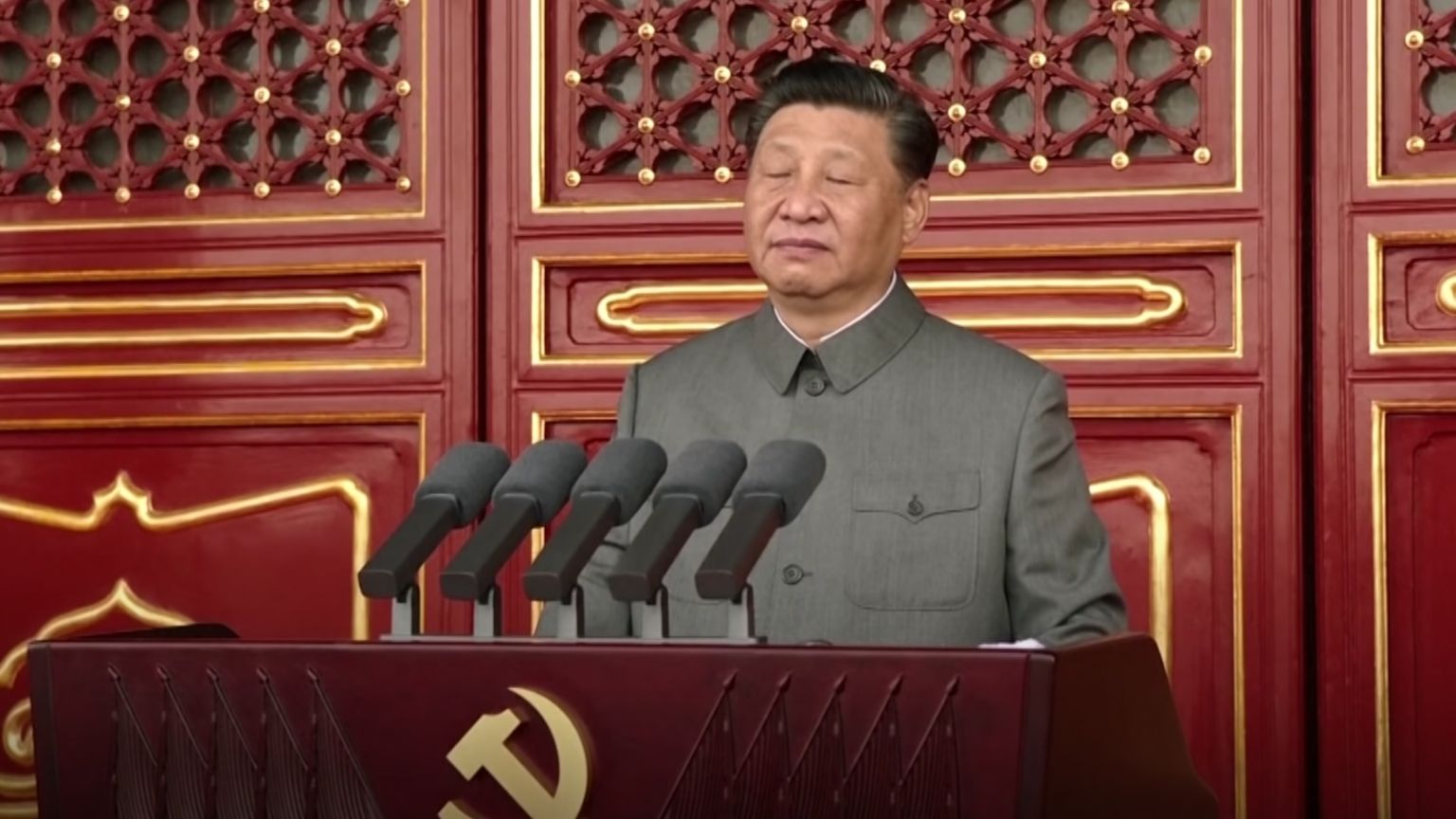Last month, China’s State Council announced guidelines to help create a “civilized internet.” The Chinese government will step up its plans of a “civilized internet” by focusing on changing online behavior and using the internet as a platform to promote the CCP theories and socialist values, according to the country’s internet watchdog.
In a report published by the Study Times print newspaper, the head of the Cyberspace Administration of China Zhuang Rongwen said a “civilized internet” was crucial to building a “modern socialist country.” China has over one billion internet users, making it the largest digital society in the world.
The Study Times is owned by the Central Party School, an institution where future leaders in the Chinese Communist party are trained.
Rongwen added that the government will strengthen its “civilized internet” vision by publicizing good role models more and encouraging young internet users to develop good habits on the internet rather than bullying.
The guidelines for a “civilized internet” were outlined in a document titled “Opinions on Strengthening the Construction of Network Civilization.”
The document stated: “The country aims to consolidate the guiding status of Marxism in the ideological cyberspace sphere, foster a common ideology among the whole Party and the Chinese people, and interiorize core socialist values.”
It also recommended a “clear-cut stand against historical nihilism.”
According to the document, the CCP plans to civilize the internet by creating a national rumor-burying system. The fact-checker will be the China Internet Joint Rumor Refusal Program, a government agency that only allows government-approved narratives.













